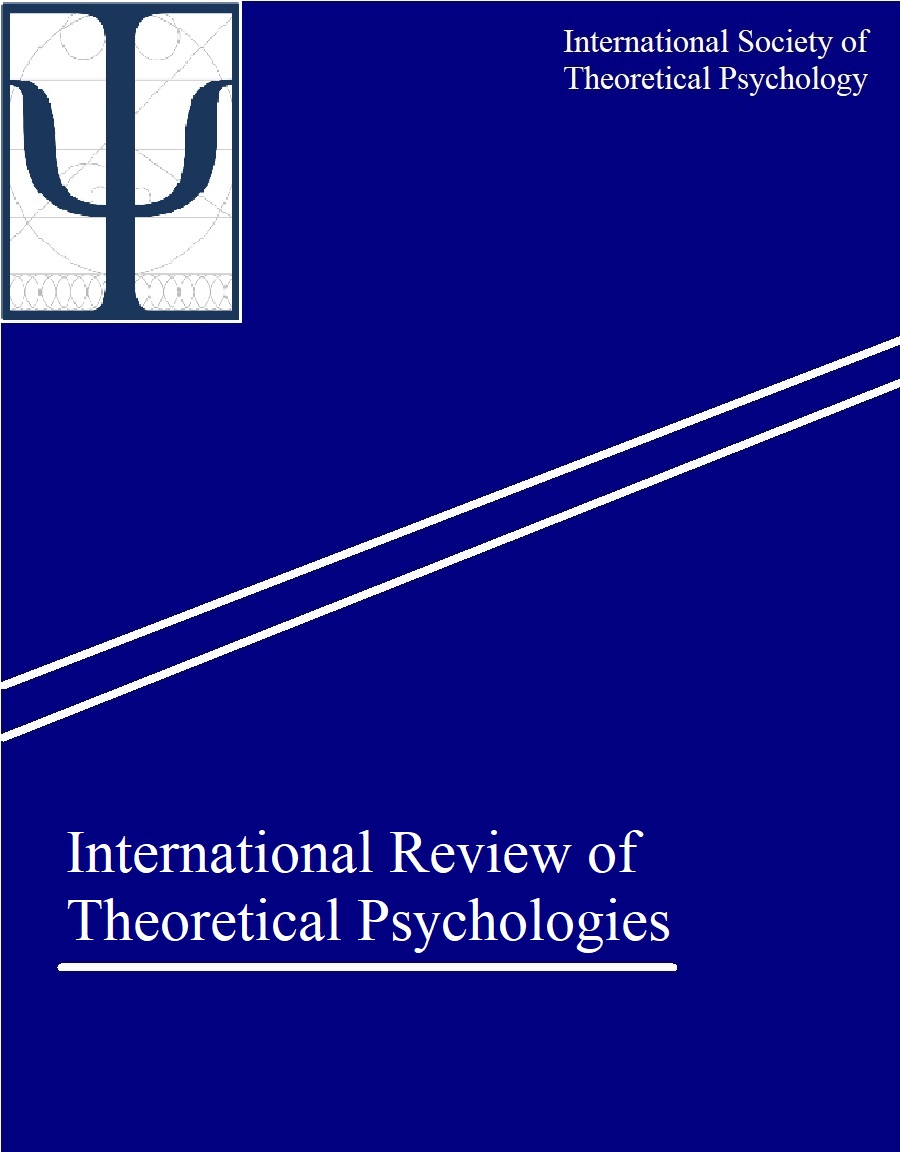Young people’s sharing of sexualized digital imagery
Processes of acceleration in human-technology interactions
DOI:
https://doi.org/10.7146/irtp.v1i1.127088Keywords:
sexting, intimacy, technological affordances, affects, youthAbstract
The ubiquity of smartphones and social media has introduced new ways of being connected and engaged in digitally mediated spaces, including the possibilities of exchanging private sexualized digital imagery – a practice known as ‘sexting’. In this paper, we study the ways in which young people’s engagement in both consensual and non-consensual sexting practices is facilitated – and sometimes even accelerated – by technology. Our study is based on focus group interviews with young people aged 16-21, 6 months of digital ethnography on social and digital media, and posts concerning sexting written by young people on Danish counselling websites. We draw on perspectives from postphenomenology and new materialism in order to focus on human-technology interactions and how digital technologies shape social processes and interactions when young people exchange sexualized digital images and videos. We attend to the ways the affordances of social media (e.g., spreadability, ephemerality and persistence) facilitate and mediate young people’s sharing of sexualized imagery and how the affects emerging through these processes produce intensities, fantasies and intimacies, which both motivate and accelerate these practices. Our analyses seek to refine current understandings of young people’s production and sharing of sexualized digital imagery. Moreover, we argue that there is a need for further development of psychological concepts and analyses that can adequately grasp the nuances of the complex digital and visual intimate, social, sexual processes of young people’s lives and advance the research field of sexting among young people.
Downloads
Published
How to Cite
Issue
Section
License
Copyright (c) 2021 Penille Kærsmose Bøegh Rasmussen, Morten Birk Hansen Mandau

This work is licensed under a Creative Commons Attribution-NonCommercial-ShareAlike 4.0 International License.
IRTP operates based on a non-exclusive publishing agreement, according to which the journal retains the right of first publication, but authors are free to subsequently publish their work. The copyright of all work rests with the author(s).
All content published in IRTP is licensed under a Creative Commons Attribution-NonCommercial-ShareAlike 4.0 International license (CC BY-NC-SA 4.0). This license allows authors and readers to share and adapt content for non-commercial purposes, provided that they abide by the following terms:
- Give credit to the original author(s)/creator(s) and attribution parties (i.e., IRTP);
- Provide a link to the original source, to the extent practicable;
- Include the copyright notice and/or indicate the corresponding Creative Commons license;
- Indicate what, if any, adaptations were made to the original; and
- Share adapted content under the same license as the original.
Authors are encouraged to familiarize themselves with the various Creative Commons licenses. Readers are advised to consult the licensing information embedded in each published work to ensure that they are familiar with the terms of use that apply.





